You Are Not Your Degree
People often ask me, “Matt, what are you?” My response is, “I’m a talent guy.” From a young age, I’ve been fascinated by people’s skills. My interest goes beyond what they’ve studied at university or what they do for a job. I’m curious about their life skills, passions, and dreams.
Reviewing tens of thousands of CVs, I’ve made a few fascinating observations:
Most people don’t end up working in the field they studied. Whenever I hear someone stressing about choosing a degree or worrying that their first job will define their future career, I advise them not to worry. You can always start somewhere or with something and then change direction. Most CVs show that people quickly evolve beyond their initial plans. The most interesting people have done many interesting things!
I believe the key is to gain work and life experience. Expose yourself to as many different possibilities and opportunities as you can. Gain experience overseas, work multiple jobs (even at once), take risks, and don’t be afraid to fail. Find good people to learn from or work under, as you’ll become a product of those you are exposed to. Also, work out what skills you want and proactively go about getting them.
I often find that satisfaction in work and life comes from integrating them. I’ve met people in dry or monotonous jobs who have exceptional creative skills that aren’t being used. Think about how you can integrate your favourite passions into your work rather than keeping them separate from what you do to earn a living. Flow comes from loving what you do for as many of your waking hours as possible. Use that “genius”—or perhaps you have multiple areas of genius. Define them, ask others close to you what they see as your strengths, and make them a central part of your life.
For the Network, I’m passionate about discovering everyone’s skills, not just in their ‘work zone’ but also in their ‘life zone’. I envision this platform as a vast, ever-expanding catalogue of skills that are constantly being updated by users. These skills could be categorised into:
Skills you believe you possess
Skills you aspire to acquire
Skills others perceive you to have that you’re unaware of
My goal is to foster virtual and physical communities around these skills, enabling us to gain insights. For example, using photography as a skill, we could explore:
Who has photography skills?
What is the potential reach of that skill within the Network?
Is interest in photography limited to experts, or does it include aspirants seeking to learn?
Can this skill be graded or levelled?
How many other skills like photography exist within the Network?
I use photography as a random example. It could be anything—knitting, dog care, software engineering, etc. Whatever skills exist in the Network can be tapped into.
I often emphasise the power of the Network to mine these skills, as illustrated in this example:
“Show me a Financial Controller in the Network who works in the technology industry, enjoys modelling and fishing, and is passionate about breathwork.”
While this search may seem random, it illustrates the potential. By creating an engaged audience that values collaboration, growth, and learning, the impact of this Network can grow significantly.
Returning to my self-proclaimed “talent guy” persona, I liken the creation and leadership of this Network to conducting an orchestra. Each talent, akin to a musician playing a different instrument, engages in their own learning and development, yet they are amplified by the collective.

